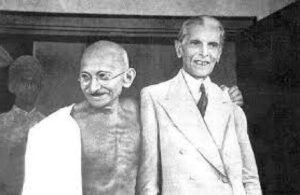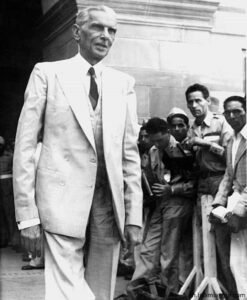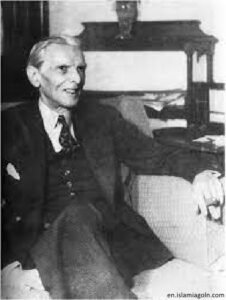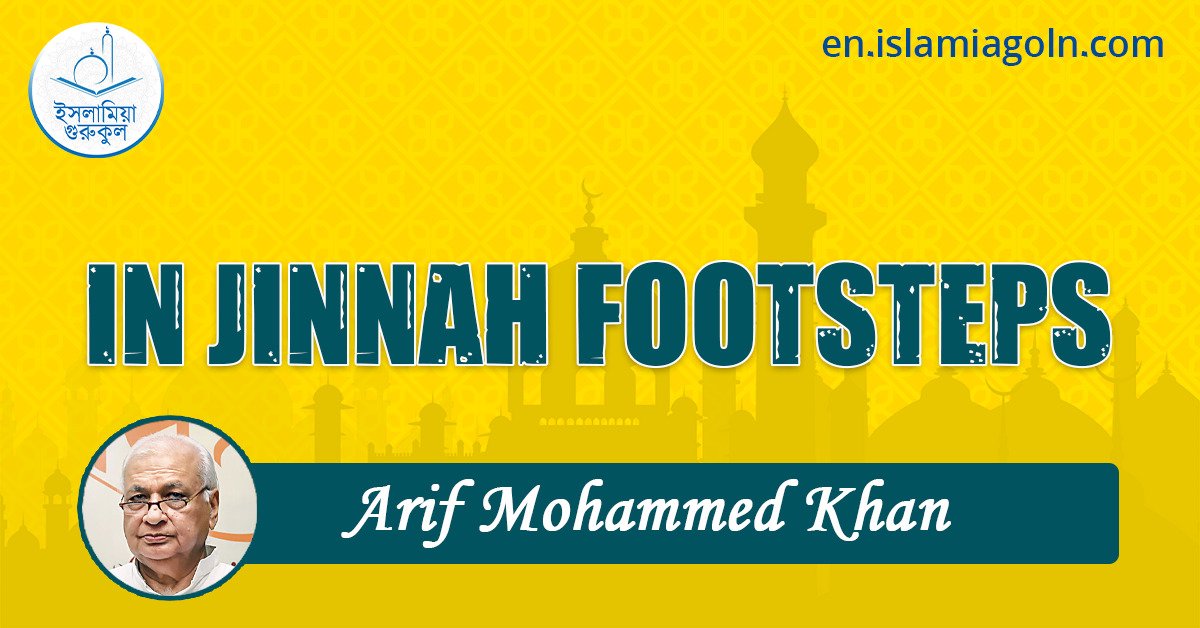Today’s Topic of Discussion: IN JINNAH FOOTSTEPS

IN JINNAH FOOTSTEPS
Jinnah must be smiling. The country he founded could not keep the myth of ‘Muslims being one nation’ intact, but at least in India government has restarted the process of looking at religious communities as socially cohesive groups. Members of any one religious community subscribe to a particular set of beliefs and practices and in that sense they enjoy commonality. But the government-appointed Sachar Committee holds that this religious commonality makes their secular interests different and distinct from the interests of other religious communities.
It has even coined a new term ‘socio-religious category’ (SRC) to drive home the point. The lead came from the government notification itself saying that ‘there is lack of authentic information about the social, economic and educational status of the Muslim community of India, which comes in the way of planning, formulating and implementing specific interventions, policies, and programs to address the issues relating to the socio-economic backwardness of this community’.

The struggle between Congress and Muslim League from 1936 was focused on the role of religion in the secular domain. Muslim League under Jinnah asserted that the similarity of religion creates not only similarity of secular interests but these are hostility to the interests of other religious communities; therefore, he declared Muslims to be a separate nation entitled to a homeland.
On the other hand, Congress recognized and accepted the diversity of religious beliefs and said that religion is a private affair and has nothing to do with the state, particularly in a pluralistic society. Since these two positions became irreconcilable, the stand-off finally led to Partition in the hope that at least in India we could hope to build a nation where government shall do nothing respecting the establishment of religion or prohibit the free exercise thereof.
Now half a century after Partition we have again started talking in terms of the social, educational, and economic interests of religious communities. The Sachar Committee says, “This report probed the question of whether different socio-religious categories in India have had an equal chance to reap the benefits of development with a focus on Muslims in India’ It further says, ‘It was stated at the outset that the minorities have to grapple with issues relating to identity, security, and equity.

It was also recognized that these three sets of issues are interrelated’ This language and terminology is a total negation of the spirit of the Constitution and the national movement and will heighten community consciousness which in turn will give further fillip to politics of communalism.
Equity and security are the brightest stars of the Indian Constitution. The Constitution prohibits discrimination based on religion, race, caste, sex, or place of birth. One fails to understand how equity and security can be linked to identity. Identity must not be confused with freedom of religion which is a sacred right. In fact, the bogey of identity is always raised to usurp special rights and privileges which are not available to others.
Can anybody object to, say, if a campaign is launched to put an end to caste discrimination among Muslims? But what is sought to be protected in the name of identity is the legal right to divorce at will or as in Shah Bano’s case to deny a destitute Muslim woman protection under Section 125 of CrPC. It is ironic that this inequity under the cover of identity is being linked to equity. The issue of ‘separate identity has nothing to do with religion; it is only a euphemism for ‘separate nation’.
The constituent unit of the Indian nation is individual citizens and not religious communities. But the government appears keen on specific interventions only because they are incapable of doing general good. Even Muslims have no intention or will to implement the Sachar Committee recommendations. They only wish to divert attention from their failures and in the process, are endorsing separatist and divisive trends. From Jinnah’s standpoint, it has been a significant endorsement made possible because people at the helm of affairs have forsaken the values and legacy of our freedom struggle.

2 thoughts on “IN JINNAH FOOTSTEPS”